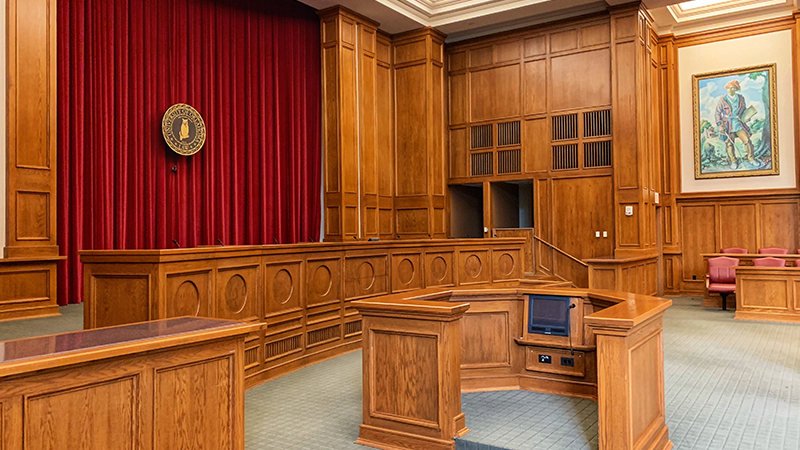Organisational Failure of the International Criminal Court
With only four convictions to its name since it began in 2003, a UNSW Canberra academic is asking the question of whether the International Criminal Court (ICC) is failing as an organisation.

